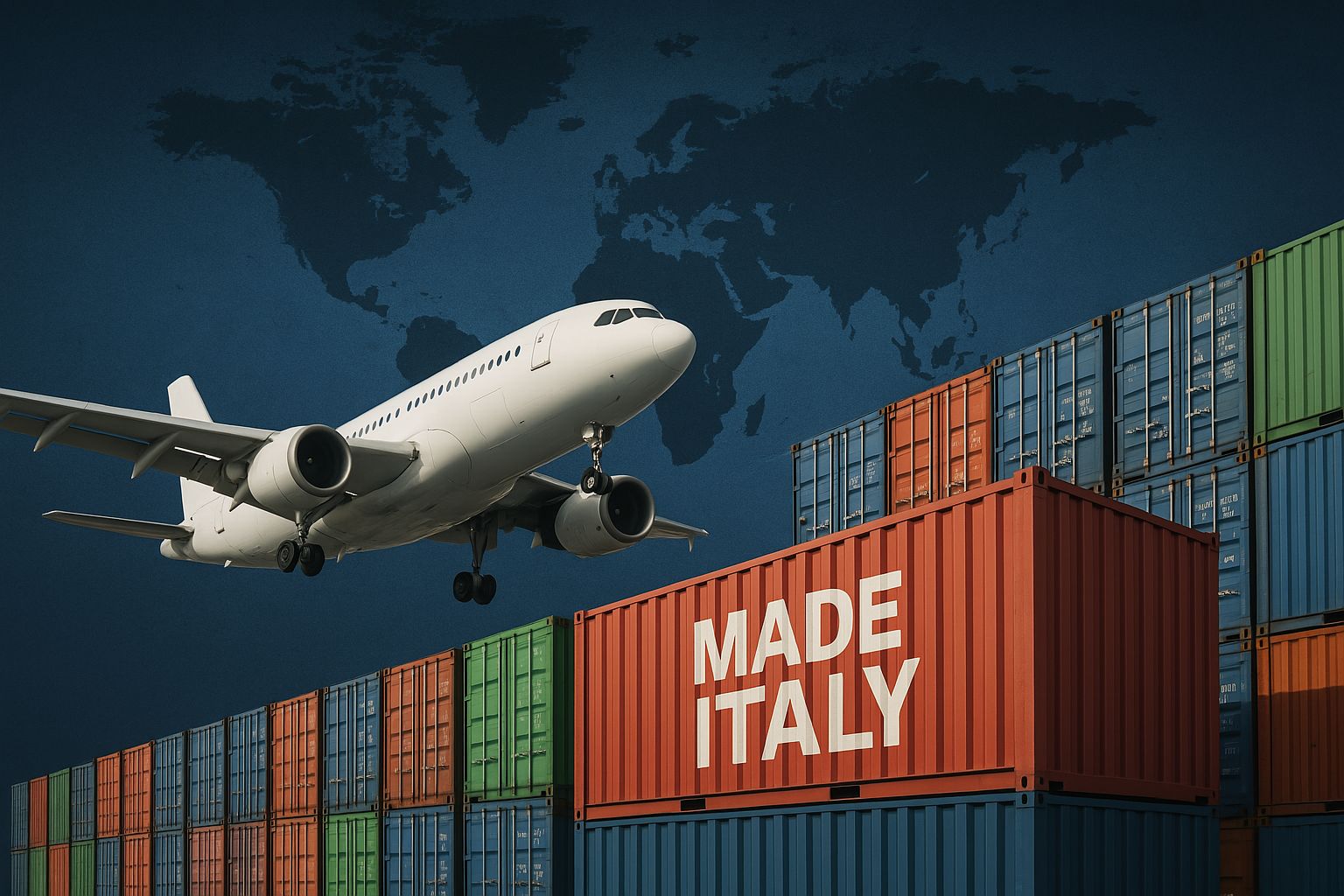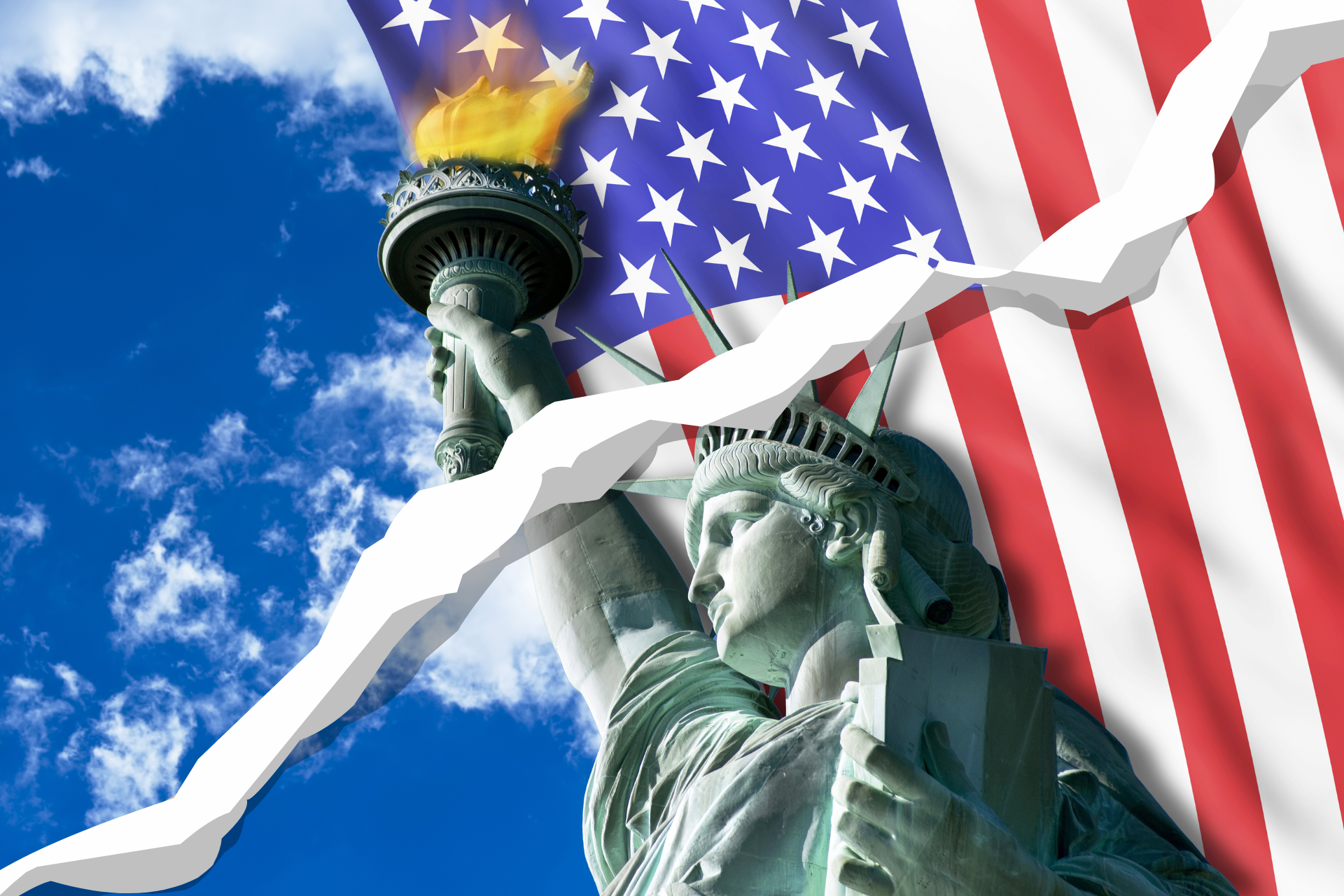In the 1960s, the meteorologist and founder of modern chaos theory Edward Lorenz, stated that a butterfly flapping its wings could influence the path of a distant tornado. To make it simpler, it refers to the compounding impact of small changes. Precisely, it occurs when small variations in initial conditions produce large variations in the long-term behaviour of a system.
Not clear? Let’s make an example! Think about the Russian/Ukrainian conflict. Even though the two countries each account for less than 2% of global GDP, the war between them is rippling the entire world economy. Recent news said that Russia is experiencing some issues due to a flight of men from the country, opposed to conscription, and the western NATO that is allowing Ukraine to defend itself.
However, a lasting conflict is obviously not what the world needs at the moment. This situation is also due to the fact that important and populous nations like China and India do not take sides and this may generate unprecedented dynamics for a “new globalisation”.
Businesses and their return to homeland: back and friend shoring
We cannot help but notice that the world is becoming more protectionist than before, surely due to the combo pandemic/war. Large businesses (and not only) now prefer to move their production facilities to countries geopolitically closer to them (friendshoring), so as to reduce risks of disruptions and higher costs. But now there’s the backshoring phenomenon too, which means the homecoming of many businesses that moved to developing countries to take advantage of low laboural and maintenance costs. The pioneers of this strategy, the US, are now coming back quickly and Italy is following, with more than 120 businesses that have returned.
The situation in Europe
What is clear here is that Germany now it’s not the strongest nation of Europe, like before. Despite the heavy impact after the fall of the Berlin Wall in 1989, the country has rapidly risen. But Germany has always counted on three factors, that now are severely shattered:
- Heavy dependance by the Russian gas
- The strong delocalisation of its businesses
- The favourable Chinese market
One solution for European countries could be a switch from Russia to the Mediterranean area, focusing on their “neighbourhoods” to push away the inflation that is suffocating economies.
Despite concerns about supply disruptions and the fear of deglobalisation, new opportunities may emerge. The central role of a strong SMEs industrial tissue can be a great solution while production is shifting, as well as in abandoned industrial sites, where new opportunities are coming.
Contact us to discover how to approach a new strategic scenario or simply to know further details for every business possibilities






